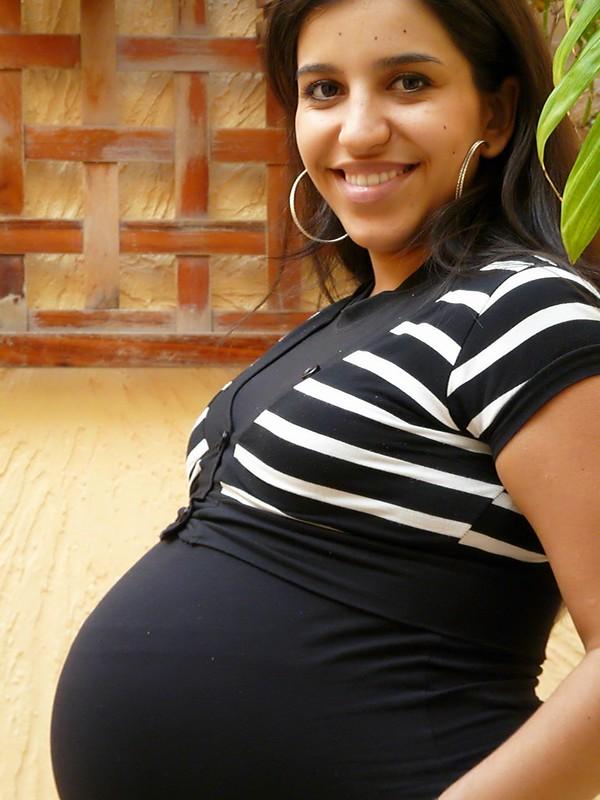Yesterday the US Preventive Services Task Force released a final recommendation statement on screening for syphilis infection during pregnancy, giving screening the grade of "A" and suggesting early, universal screening for syphilis infection during pregnancy for all women.
The task force has been issuing recommendations on maternal syphilis screening since 1996, most recently in 2018.
"All pregnant women should be tested for syphilis when they first present to care. Screening for syphilis should occur as early in pregnancy as possible. If early testing is not done, testing should occur at the first opportunity, which could be as late as at admission for delivery," the recommendation, also published in JAMA, states. The journal also published an evidence report on the guidance, a patient page, and a commentary.
If early testing is not done, testing should occur at the first opportunity, which could be as late as at admission for delivery.
This year's recommendations come as the United States is facing a significant resurgence of the sexually transmitted bacterial infection in pregnant women and infants. Rates of congenital syphilis are 10 times higher now than they were in 2015. And, in 2023, the country saw the most congenital cases in 30 years.
Congenital syphilis can result in a range of issues for a newborn baby, including hearing or vision loss, damage to optic nerves, developmental delays, skeletal deformities, and an enlarged liver.
Rise in 47 states
Rates are also rising for maternal syphilis. From 2016 to 2022, the rate of maternal syphilis tripled. The Centers for Disease Control and Prevention (CDC) said this rise in activity has been documented in 47 states.
Southern states have seen the greatest increases, prompting Alabama, Arizona, Georgia, Mississippi, North Carolina, and Texas to introduce mandatory syphilis testing during the first trimester, last trimester, and delivery.
Babies born to non-White women are also at increased risk of infection. The rate of congenital syphilis was 12 times higher among those born to American Indian and Alaska Native women, 5 times higher among those born to Native Hawaiian and Other Pacific Islander women, nearly 4 times higher among those born to Black women, and about twice as high among those born to Hispanic or Latina women in 2023.
Cases linked to erosion of public health
In the commentary, authors from the University of Mississippi Medical Center in Jackson said that while state mandatory testing is a positive step, the general rise of syphilis in the United States must be addressed to fix the growing maternal and congenital crisis.
"In 2023, an overwhelming 209,253 syphilis cases were reported in the US, the highest number since 1950," they wrote.
"This is an unfortunate reversal of a long-standing downtrend. Although its causes are multifactorial, the steady increase in syphilis seen since 2010 has been paralleled by a steady erosion of public health capacity. As a result, testing for sexually transmitted infections has moved steadily away from public health clinics to nongovernmental facilities."
The recommendations must be implemented, they wrote, and a lack of public health clinics does not allow for the outbreak response and contact tracing activities needed to control the disease.





















